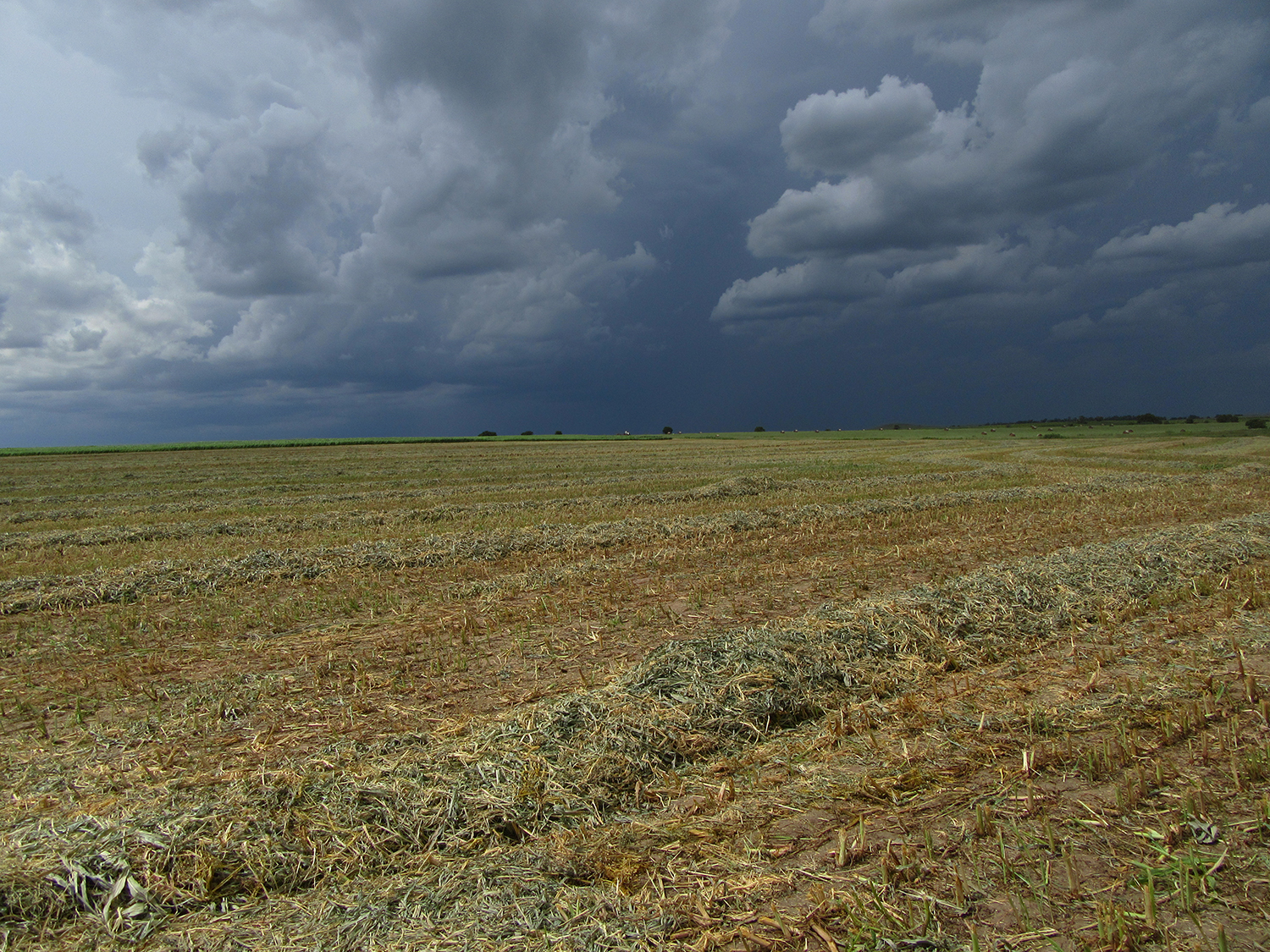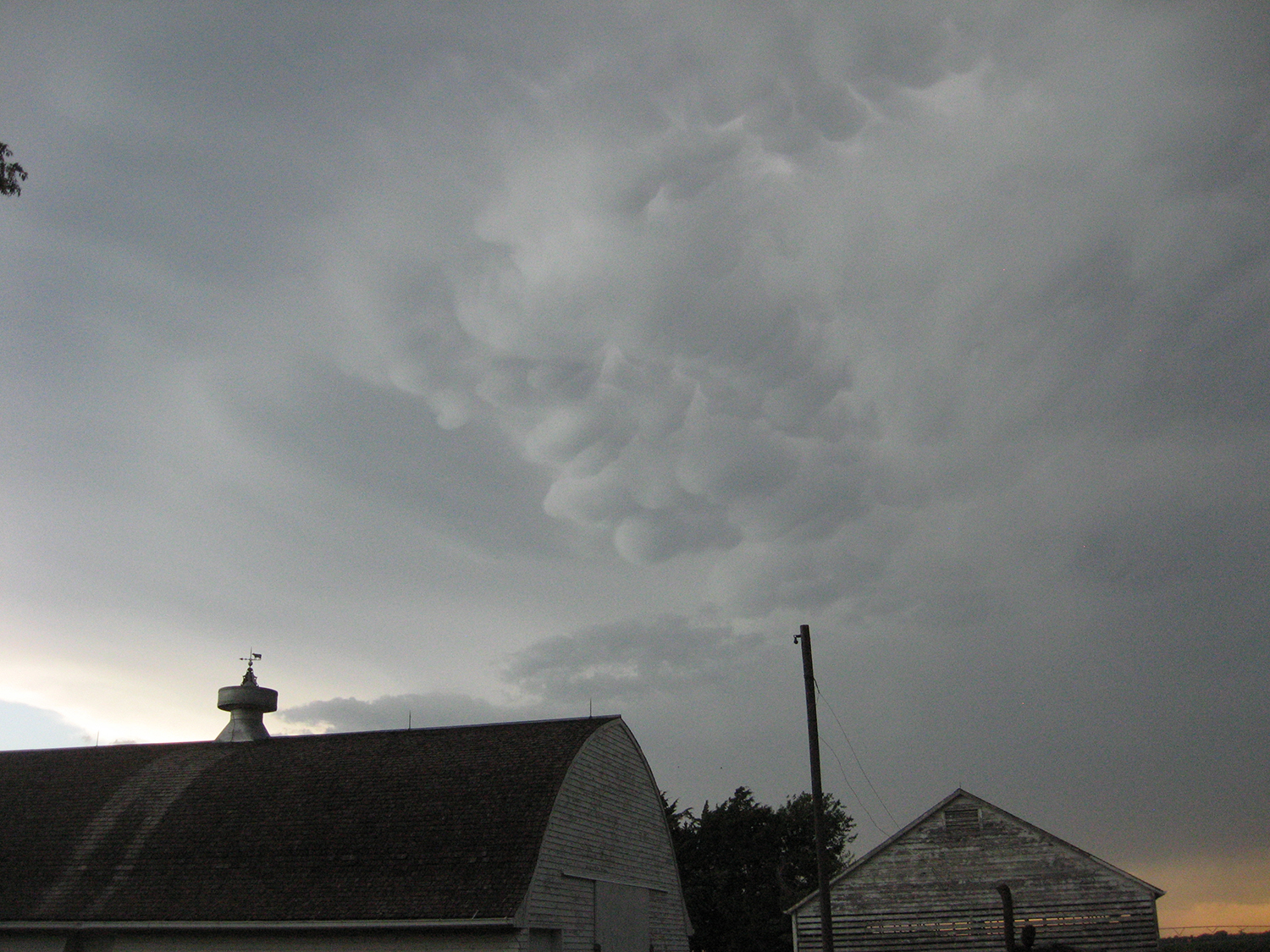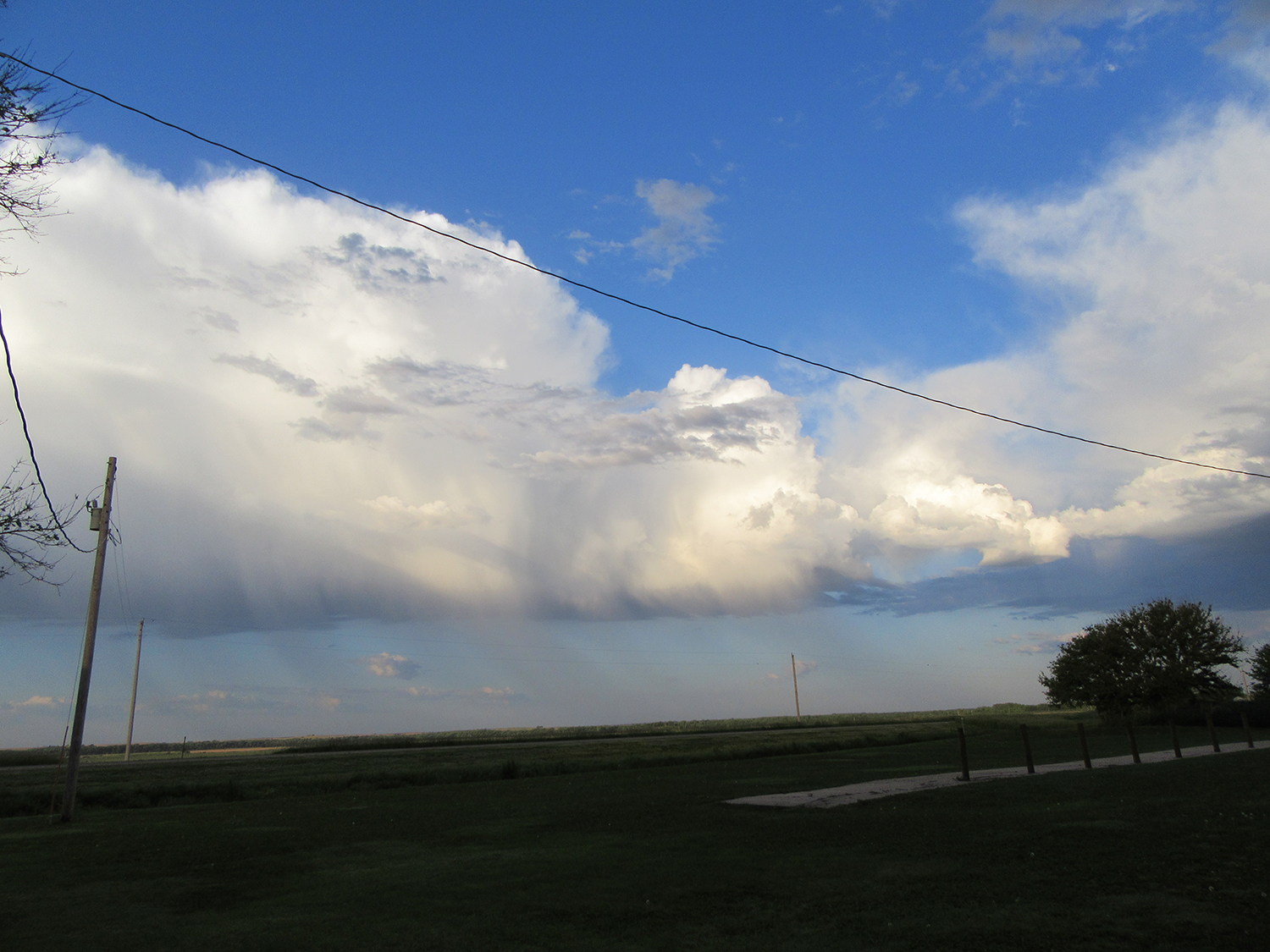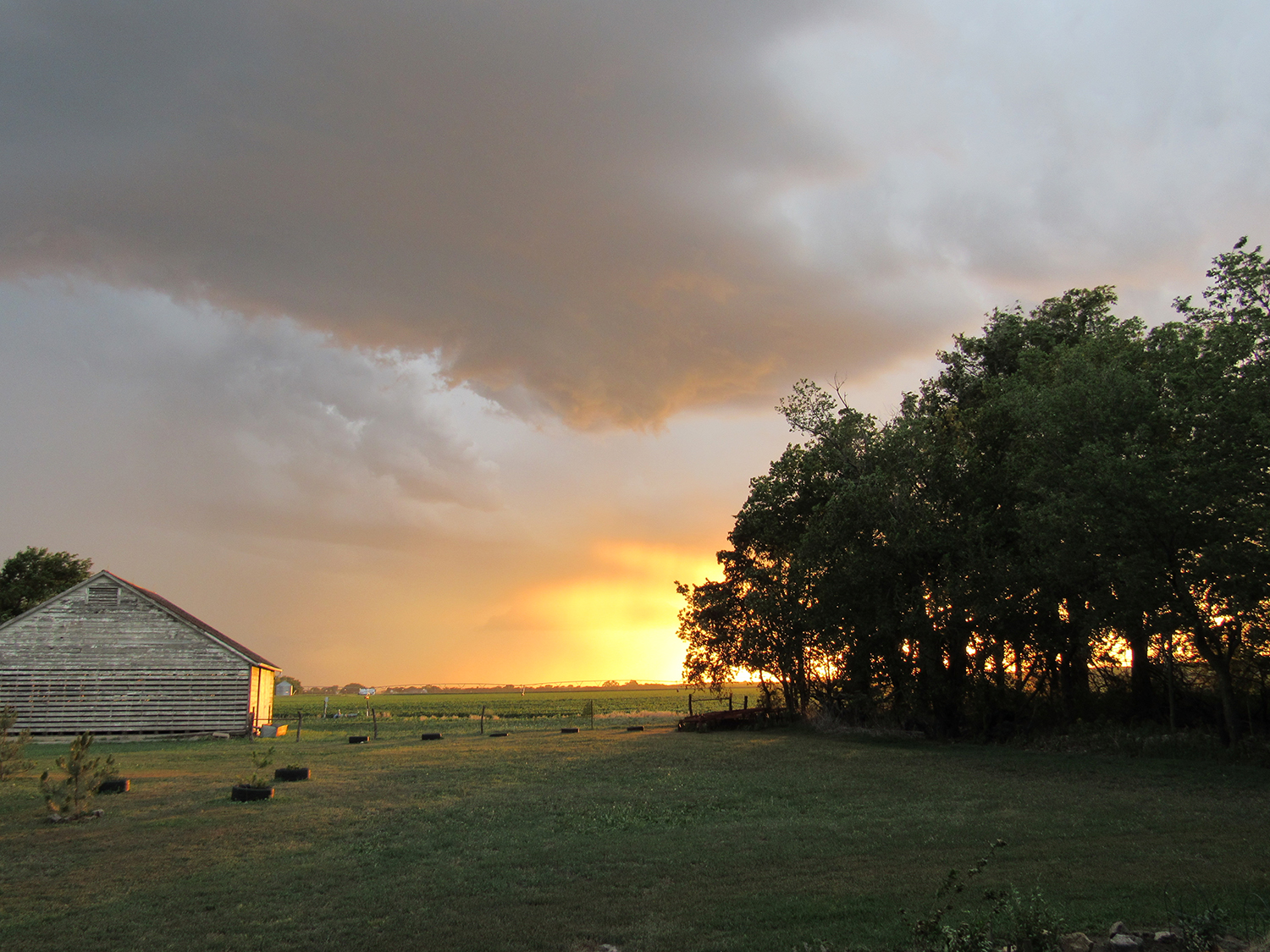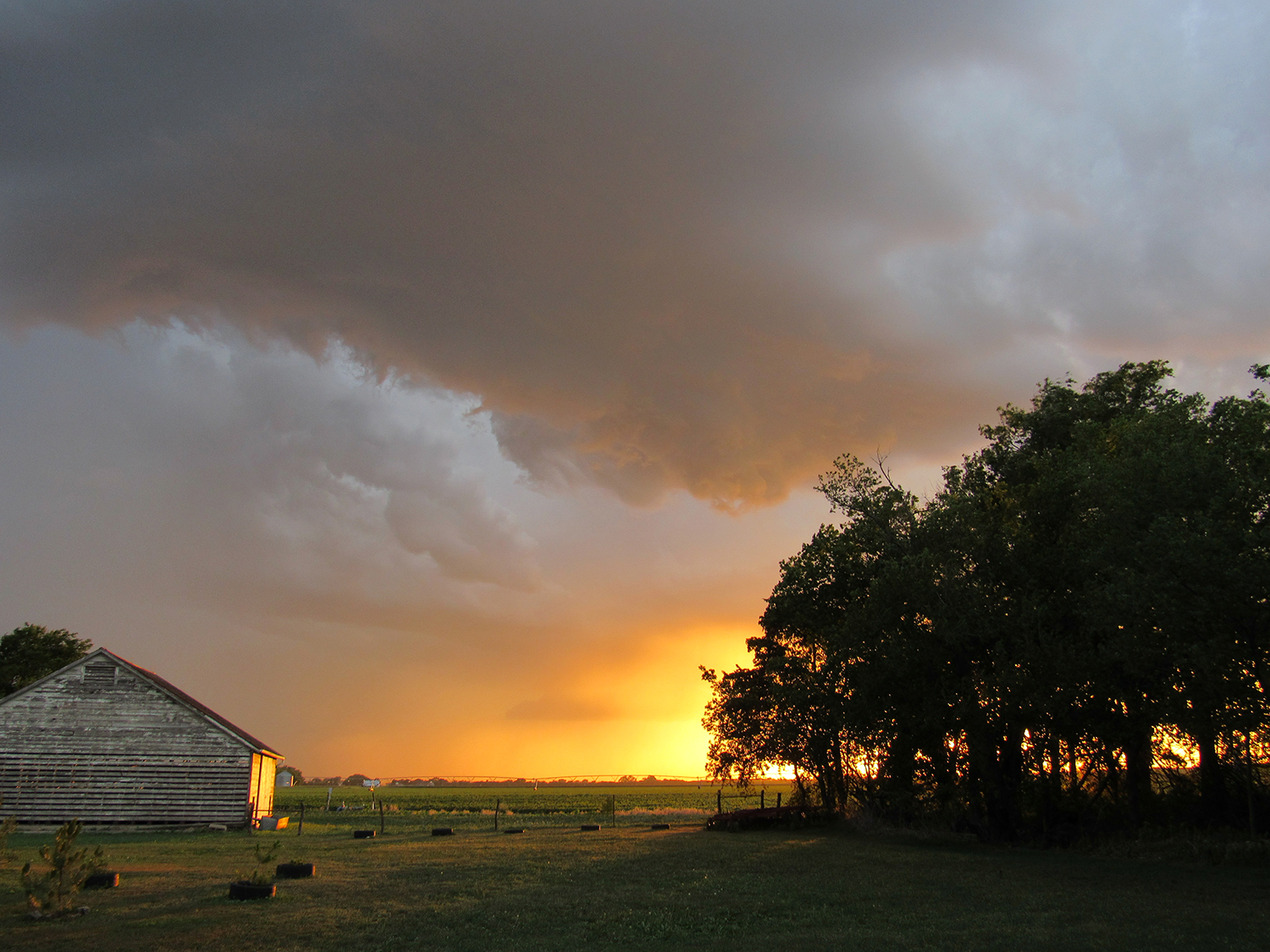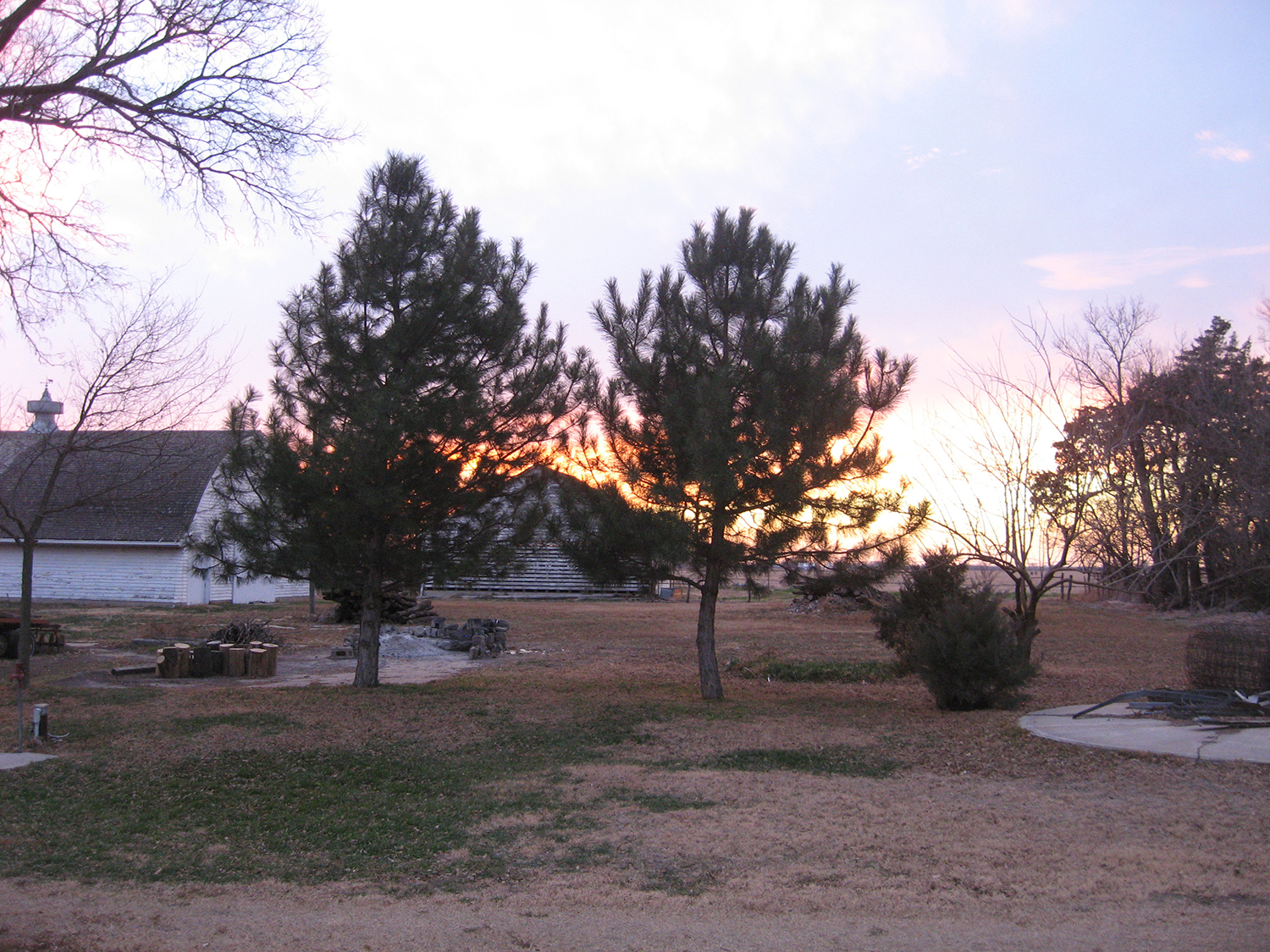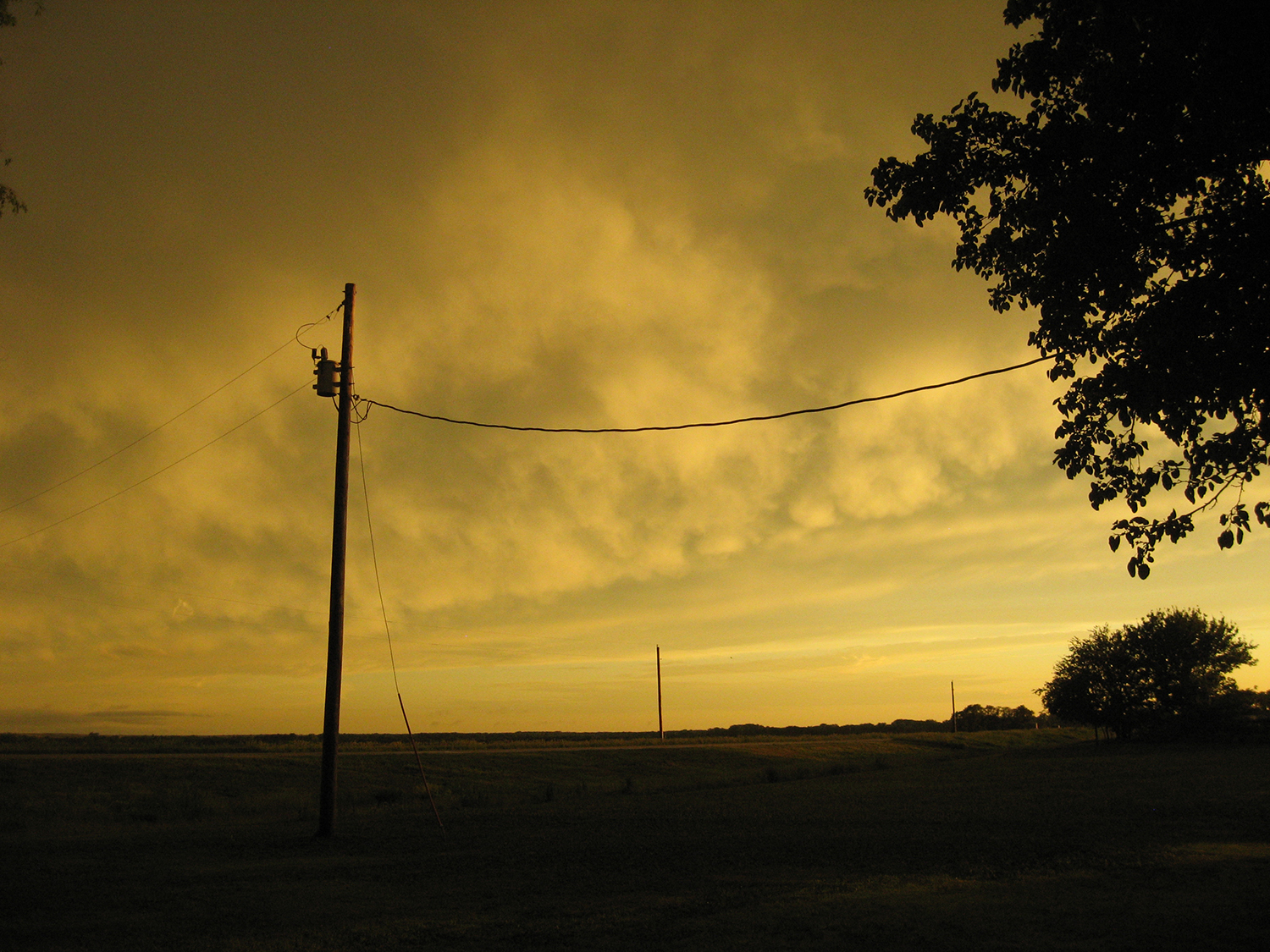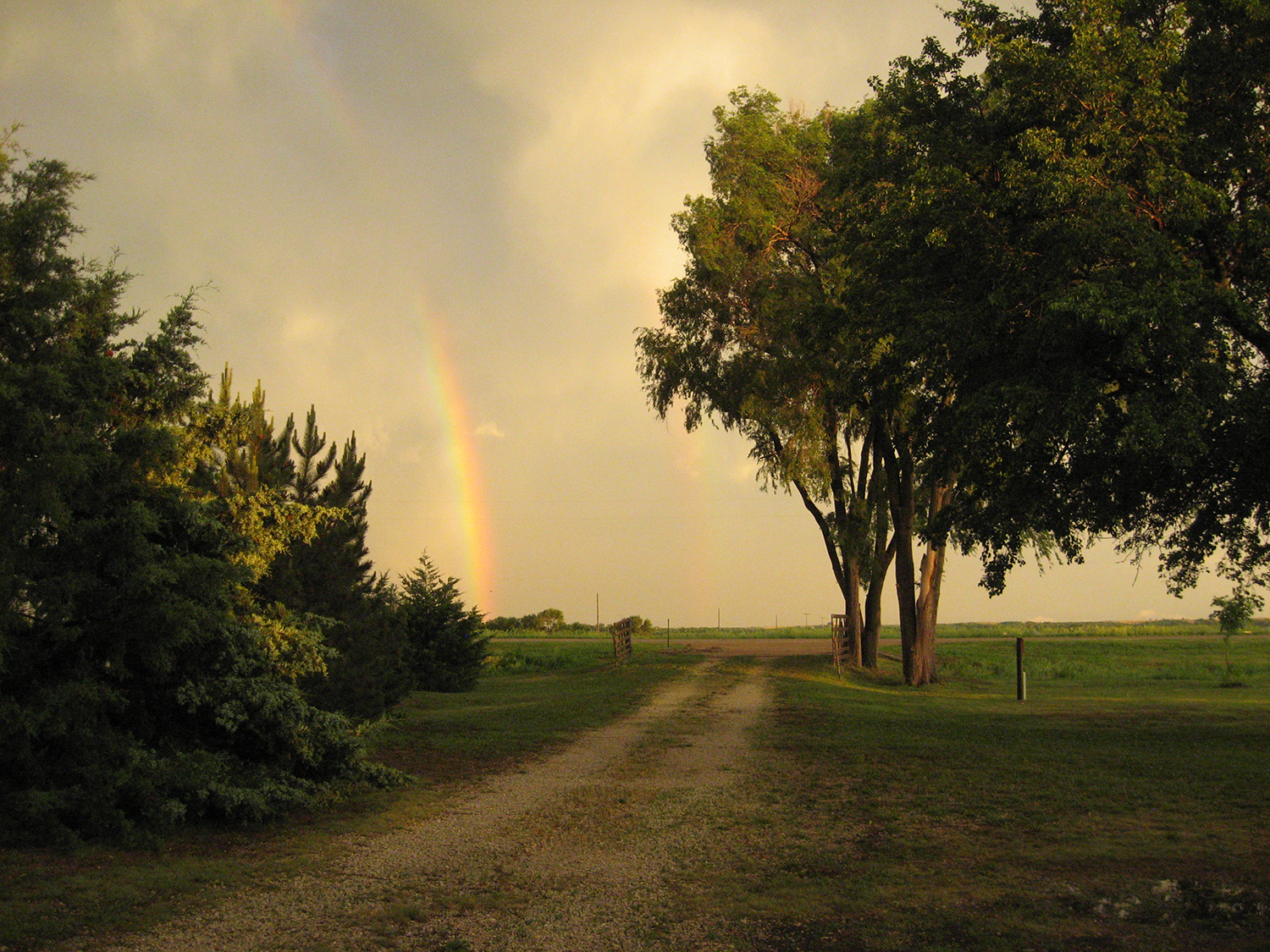My sister-in-law is the super glue of the family; she holds us all together with large helpings of linguine and love.
She’s 97% Italian. Her grandparents immigrated from Torrecuso, a small hilltop town near Naples. When they arrived in New Jersey, her grandfather set up a vegetable cart, which grew into a small grocery store. Her father married into the family and worked in the grocery store, too, in many roles, including butcher. But customers came for more than his cuts of meat. I met her parents once—her father arrived at her house and went straight to the kitchen to begin “the sauce.” The smells coming from that kitchen were heady. All day he talked and chopped garlic and tomatoes, laughed and broke into song as he touched everything that came into that kitchen.
Nothing in my Minnesota upbringing prepared me for this.
My grandmother Olson’s kitchen was quiet, even when her sister Lena joined her to help with the Christmas baking. Everything that came out of her kitchen was white: lutefisk, lefse and kringle. And I never saw her touch anyone. Not even her husband. They reminded me of that joke about the Norwegian husband that loved his wife so much he almost told her. Norwegians don’t laugh at this joke. Italians find it hilarious.
My sister-in-law is the Italian version of Babette in the movie Babette’s Feast.
Like the Danes in the movie, my grandparents’ life centered around the Lutheran church. And they never touched liquor. They’re all gone now, but I like to imagine my sister-in-law among them. As she offers them more food and wine, her cooking and love break through. Grudges forgotten. Love revived. Redemption found amid the ratatouille.
Her ever-present smile. Her embrace. They’re unfailing. In her own home or in a foreign country—on busy streets or dirt roads, she’s the same. She doesn’t see an animal without stopping to stroke its head or scratch its ear. Babies smile at her. Friends yearn to talk to her. She gets together every year with a grade school friend she met 62 years ago.
Her love never lets up.
From the moment her feet touch the floor at 6:00 a.m. until she retires at 9:00 p.m., she devotes herself to her guests’ happiness. She scurries about with offers of good food, family news and kindness.
My husband and his brother love a good martini—light on the vermouth, please. When we’re guests in their home, every night at 5:00 p.m. she makes a mean martini. You should see her 100 pounds shake it up like a pro.
And while she didn’t marry an Italian, her husband now grows garlic, and he’s had some bumper crops.
She’s never far from food. On our last visit, she was just getting home from her volunteer work at the local food pantry. She gives countless hours to the local library during book drives and in their community garden. She leaves everyone, wherever she goes, better off than she found them.
Before she retired, she worked as a physical therapist. Whenever we visit, I love to tag along to Wegmans grocery store. Not just because we don’t have a Wegmans in Connecticut and it’s something to behold, but because we always run into her former patients. She knows them by their injury. “Hi, how’s your ACL tear? You’re moving great.” Or in the produce aisle near the broccoli: “Is your plantar fasciitis better?” Then, at the seafood counter, “Well, hello there, did the exercises for your patellofemoral syndrome help?” She knows all their kids and their grandkids. She still remembers them, and she still cares.
She’s worked with many physical therapists over the years. One said to her; “You get more information from patients than anyone I know.” I’m sure that’s true. She was interested in her patients; she asked the right questions. She listened. She was creative. She’s still all of that.
As I write, I’m looking at a lovely plant on my desk. She gave me a cutting from her plant several years ago. Her plant started from a cutting from her mother. Her mother got a cutting from her aunt. That’s the kind of family they are; generations passing along the love.
My sister-in-law has been serving large helpings since I met her 30 years ago. As I sit at her table, something in me opens wide as she smiles and hands me a large steaming dish. And I say “yes” to her offer of fresh pecorino romano.















